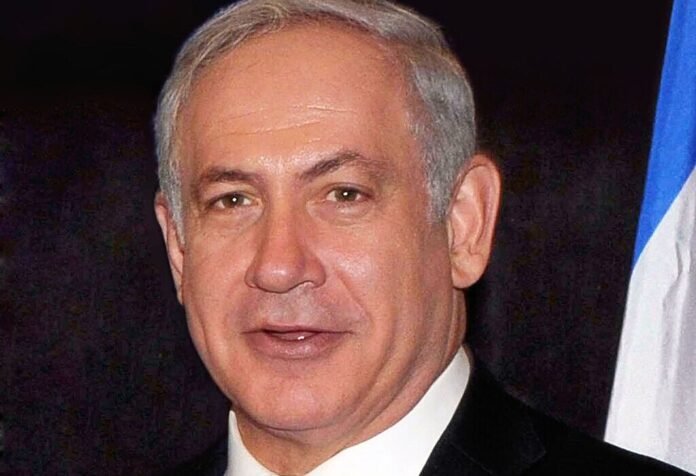Israel’s PM faces backlash over Qatar dealings while war in Gaza continues to rage
Israeli Prime Minister Binyamin Netanyahu is now fighting on two fronts: one in Gaza and the other at home. A deepening political scandal involving Qatar—long known for its complex Middle East alliances—is threatening to destabilise his government and complicate ongoing war efforts.
The uproar centres on Qatar’s historic relationship with Hamas, the group responsible for the October 7th 2023 attacks on Israel, and allegations that Netanyahu’s administration had privately encouraged Qatar to continue funding Hamas’s Gaza-based operations for years. Though no formal charges have emerged, reports have surfaced suggesting that Israeli officials, under Netanyahu’s leadership, tacitly supported Qatari cash flowing into Gaza, believing it would maintain calm and postpone direct conflict.
Now, critics accuse Netanyahu of enabling the very infrastructure that fuelled Hamas’s October rampage, which left 1,200 people dead and over 250 taken hostage.
Qatar, a gas-rich Gulf emirate, has long walked a geopolitical tightrope. While it provides sanctuary to Hamas’s political leadership and bankrolls the influential Arabic news outlet Al Jazeera—frequently accused of anti-Israel bias—it also hosts America’s largest military base in the region and acts as a mediator between Israel and Hamas. This dual role has sparked increasing suspicion, particularly as ceasefire negotiations hinge on Qatari mediation.
Back in Israel, opposition politicians and protestors are using the scandal to hammer Netanyahu. Demonstrations in Jerusalem have grown more intense, with chants of “traitor” echoing outside the Knesset. Former officials, including ex-Mossad and Shin Bet leaders, have publicly questioned the wisdom of relying on Qatari mediation while simultaneously framing Qatar as a hostile actor.
Embed from Getty ImagesIn a sign of growing pressure, leaked documents allegedly show that Israeli intelligence had warned Netanyahu’s cabinet about the long-term risks of empowering Hamas through indirect Qatari funding. Still, the money flowed—ostensibly to pay civil servant salaries and provide fuel and aid—under the premise that economic stability would quell unrest.
Now, with trust eroding both inside Israel and among its international partners, the prime minister finds himself isolated. American officials, already uneasy with Netanyahu’s refusal to commit to a post-war political roadmap for Gaza, are watching the scandal closely. So are regional allies like Egypt and Jordan, both of whom are vital to any future peace arrangement.
Meanwhile, the war in Gaza grinds on. Over 51,000 people have been killed since the conflict reignited, according to the Hamas-run health ministry, and ceasefire efforts remain deadlocked after Hamas rejected the latest Israeli proposal last week.
Netanyahu, who has long prided himself on being Israel’s top security hawk, is now accused of strategic short-sightedness. Critics argue that by turning a blind eye to Qatar’s role in bolstering Hamas, his administration inadvertently sowed the seeds for the most devastating attack on Israeli soil in decades.
Whether this political firestorm burns out or consumes Netanyahu’s premiership remains to be seen—but with each passing day, the fallout from the Qatar connection becomes harder to ignore.
